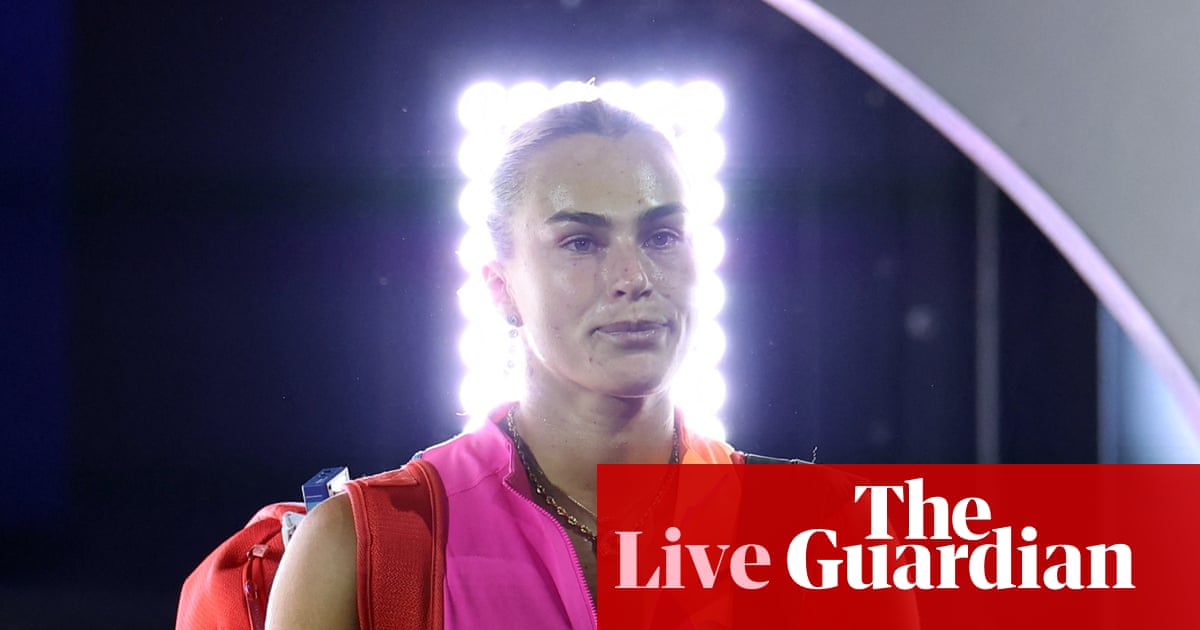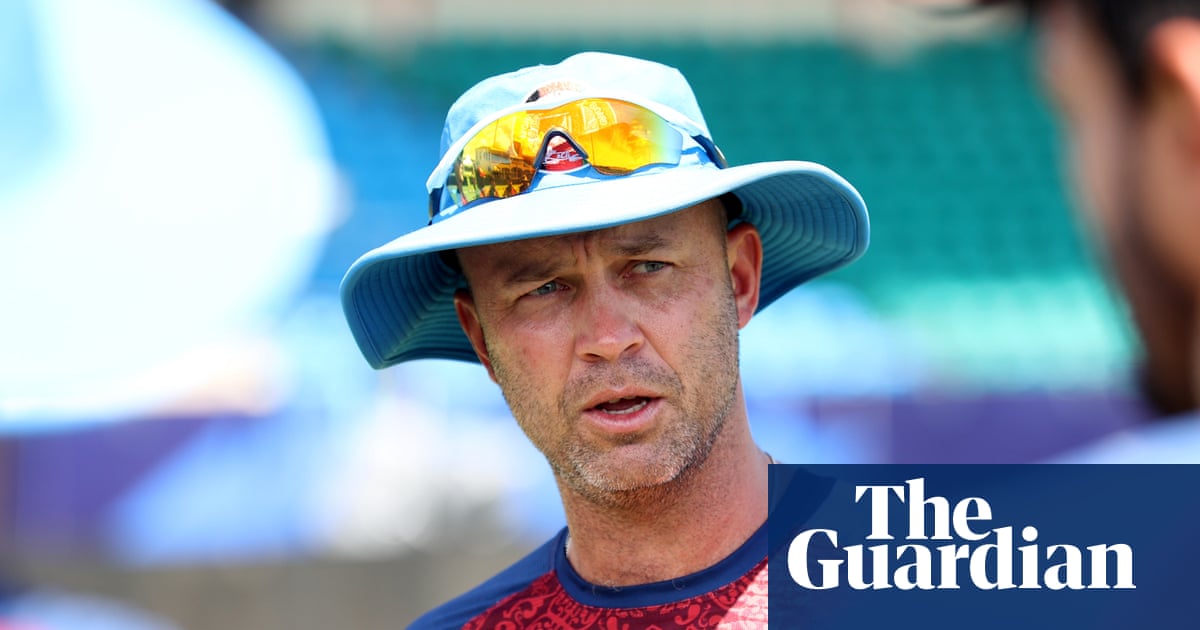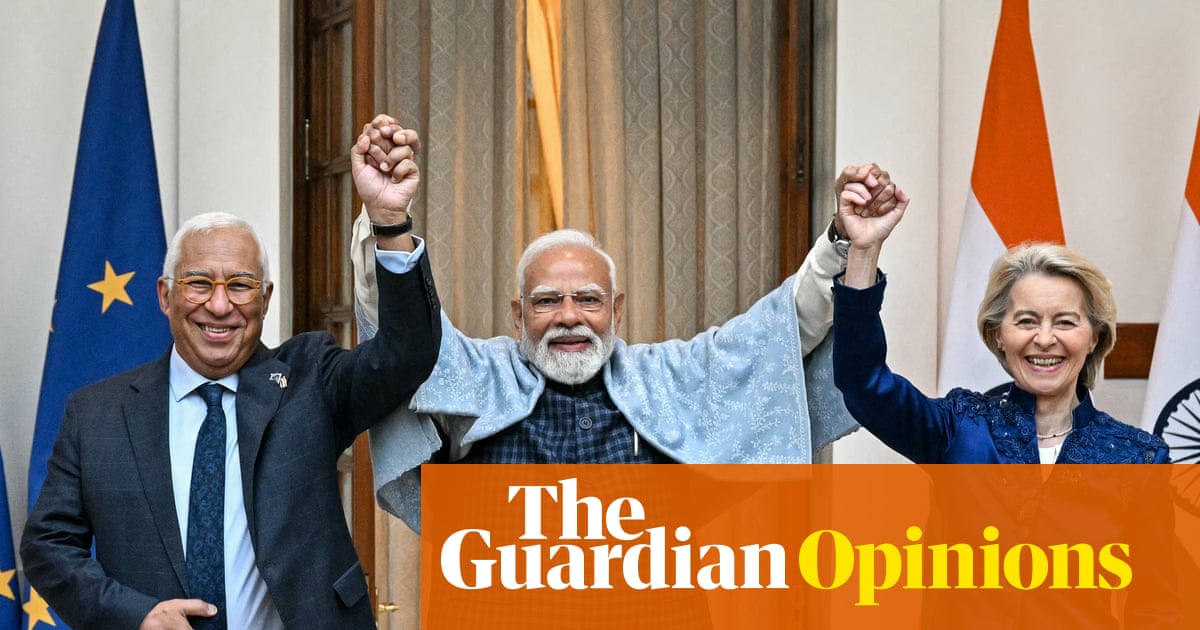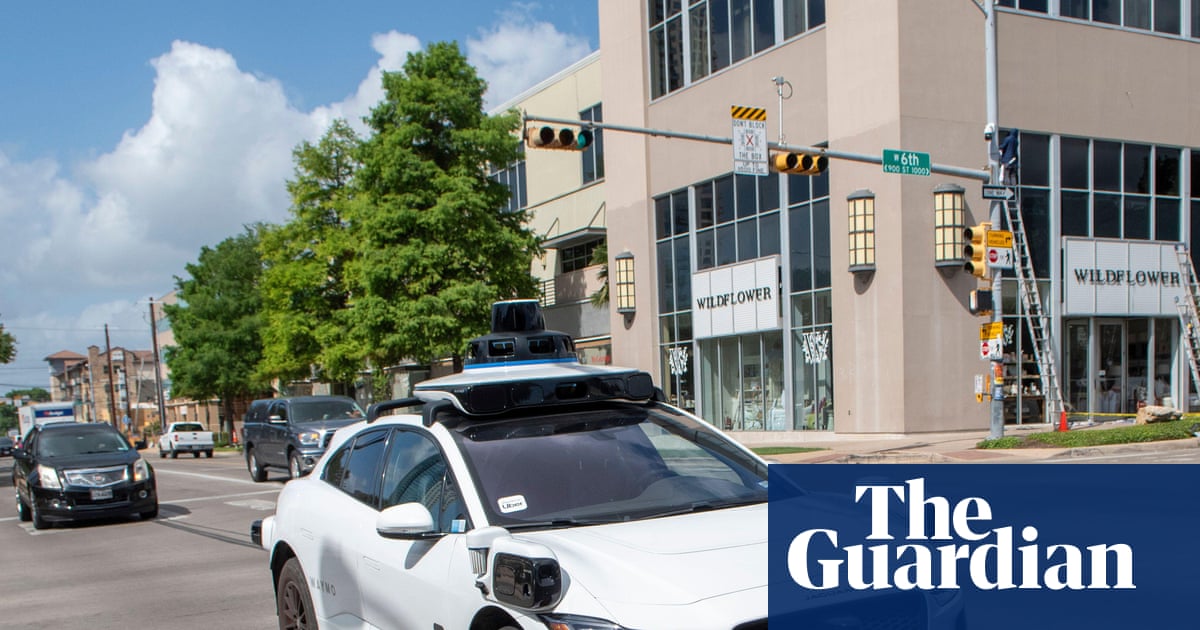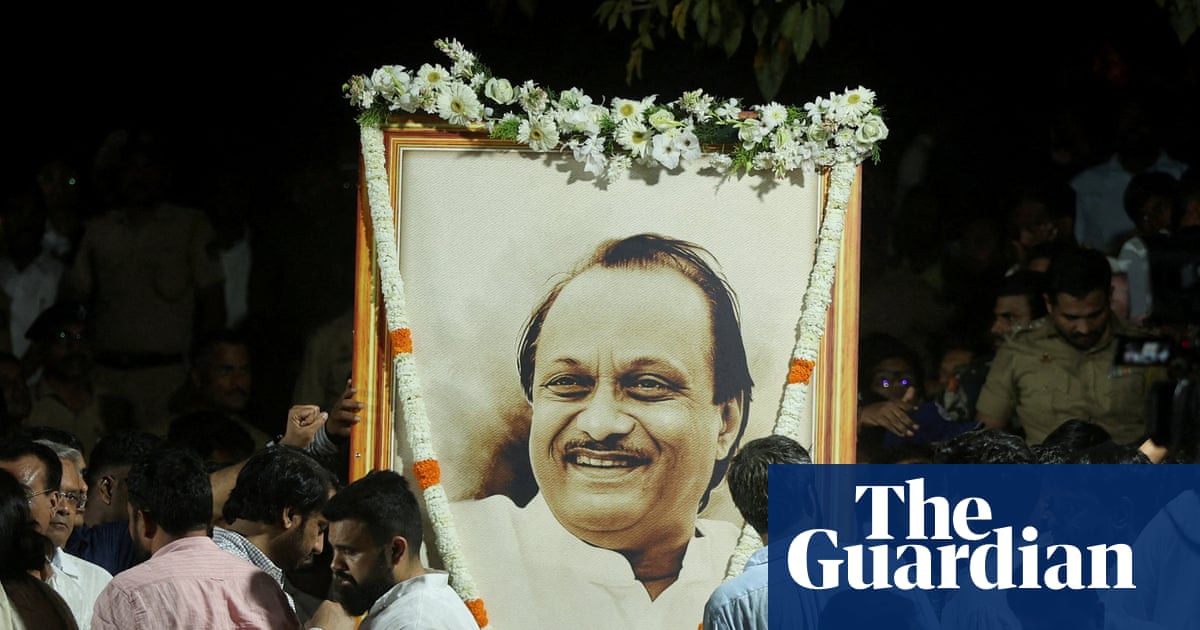The UK will lead on tackling the climate crisis, the prime minister vowed on Wednesday, despite critics calling for a slowdown, because shifting to a low-carbon economy will cut bills, boost economic growth and bring national renewal.
But his words risked being overshadowed by a bitter row over funding for tropical forest preservation at the UN Cop30 climate conference.
Keir Starmer flew to Brazil to join other heads of government at a leaders’ summit in Belém before the conference, which will officially begin on Monday.
He said: “Britain isn’t waiting to act – we’re leading the way, as we promised. Clean energy doesn’t just mean energy security, so Putin can’t put his boot on our throat: it means lower bills for working families in every part of the UK.”
Starmer is expected to announce new investment in the low-carbon economy, aimed at boosting economic growth. While in Brazil, he will talk to other leaders and business groups about investment in the UK, where the green economy has been growing three times faster than other sectors.
Despite his vocal support for climate action, Starmer’s reception at the leaders’ summit was likely to be frosty from the Brazilian hosts, as the prime minister has also decided not to contribute – at least for now – to Brazil’s flagship project for Cop30.
The Tropical Forests Forever Facility (TFFF) is hoped by Brazil’s president, Lula da Silva, to be the crowning achievement of the Cop30 conference. The aim is to raise $125bn (£96bn) – about $25bn from governments and public institutions, with the rest coming from private sector investors and financial markets – for projects in forested countries, including Brazil. It aims to preserve existing forests and reward governments and those who live in forested areas for protecting them for the long term, rather than exploiting them for short-term gains.
The Guardian understands that the government regards the TFFF as being early-stage, and has not ruled out contributing when the fund has shown it can work in practice. Some academics and experts have voiced concerns to the Guardian over the structure of the fund, but there are hopes that any problems can be overcome.
Starmer’s decision not to back the TFFF may also prove an embarrassment to Prince William, who is also in Brazil to present the Earthshot prize, for which the TFFF is nominated.
Starmer had been urged by some aides to skip the climate talks for fear of presenting a target to the Reform party, which has denied climate science and wants to scrap the pledge of reaching net zero greenhouse gas emissions by 2050.
But the prime minister is understood to want to reinforce the message he has given repeatedly in the past year, that pushing for a greener economy will bolster economic growth and improve people’s lives.
after newsletter promotion
“Critics who say climate action cannot boost the economy are completely wrong,” he said. “This government has already brought in £50bn of investment in clean energy since the election, with more to come – delivering jobs and opportunities now, and for generations to come. That is national renewal.”
Starmer can boast of the UK’s pledge to cut emissions, which is stronger than that of many countries which have failed to set out clear plans to move to a low-carbon economy.
China has produced a plan that critics say is too weak, though the country has a history of exceeding its targets.
The EU failed to agree on an emissions-cutting target until Tuesday night, after months of squabbling among member states and attempts by hard-right groupings in the EU parliament to derail the talks. The target agreed, a range of 66.25% to 72.5% cuts by 2035 compared with 1990 levels, as part of a bloc-wide effort to reach 90% cuts by 2040, was criticised by some green groups as too feeble.

 2 months ago
48
2 months ago
48



